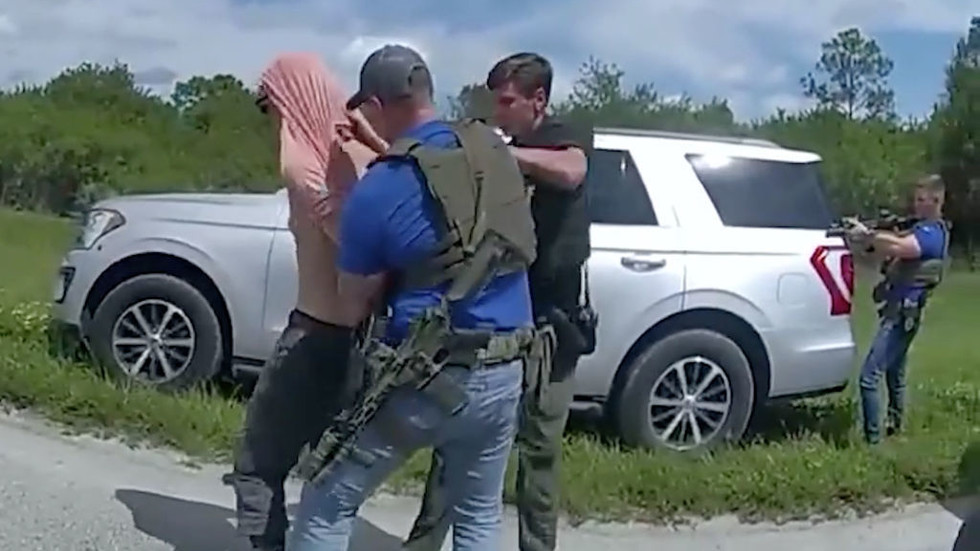The incursion disrupted the hospital's operations and blocked essential medical aid from reaching patients. Doctors were unable to perform urgent surgeries on at least 15 critically injured individuals due to the military's actions.
Dr. Hussam Abu Safiya, the hospital director, expressed his grave concerns in a phone call, stating, "If medical aid does not arrive in the next few hours, people here will die. While we wait for help, we are being directly targeted … Instead of receiving aid, we received tank shells."
During the siege, troops detained numerous individuals from the hospital, including 17-year-old journalist Aboud Battah, who had been documenting the conflict since its escalation.
Ramy Abdu, the head of Euro-Med Human Rights Monitor, revealed that Battah was tortured before being taken to an unknown location, highlighting the dangers faced by those reporting on the situation. (Related: Israel is now bombing HOSPITALS in Lebanon.)
The Gaza Health Ministry issued a statement condemning the international community's inaction, saying, "We do not understand how the world allows itself to stand by and watch the most heinous genocide and the most widespread systematic operation to destroy the health system and kill and arrest patients and medical staff without moving a finger."
On the same night, the Israeli military launched a devastating attack on the Jabalia refugee camp, destroying 11 residential buildings. Local sources reported that approximately 150 individuals, including women and children, were killed or injured in this assault. Additional strikes in southern Gaza resulted in at least 26 fatalities in Khan Younis, where a missile struck the home of the Al-Farra family, claiming the lives of 14 family members, many of them children.
Tedros Adhanom Ghebreyesus, chief of the World Health Organization (WHO), reported that communication with personnel at Kamal Adwan Hospital had been lost following the raid. He expressed deep concern for the patients and those seeking shelter within the facility, highlighting the urgent need for medical assistance.
Israel claims it was fighting terrorists in the hospital
The Israeli military claimed its operations were based on intelligence regarding the presence of terrorists in the area.
Israel's Coordinator of Government Activities in the Territories (COGAT), which is responsible for managing aid flow, stated that some patients had been evacuated with the help of United Nations aid workers, who also provided patients and hospital workers with fuel, blood units and other medical supplies. However, officials from the WHO noted that the hospital still housed around 200 patients, along with hundreds seeking refuge.
Maher Shamiya from the Gaza Health Ministry reported that parts of the hospital had been damaged by military fire, and communication with hospital staff became increasingly difficult as troops began separating men from women.
While a convoy of supplies reached the hospital later, delivering enough fuel for five days and some medical equipment, critical shortages persisted. Safiya emphasized the urgent need for evacuations, stating that many critically injured individuals remained without adequate medical support.
As the conflict drags on, the humanitarian situation in Gaza continues to deteriorate, with ongoing restrictions on aid and escalating civilian casualties, leaving many in desperate need of assistance.









